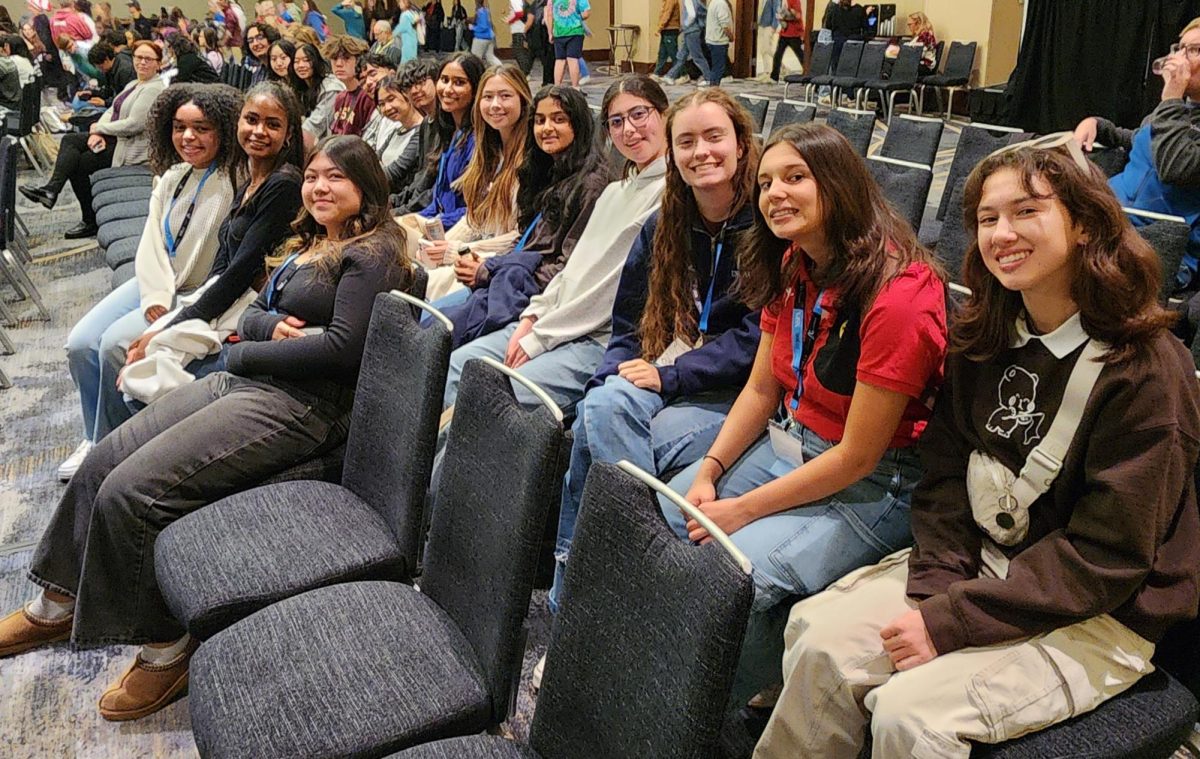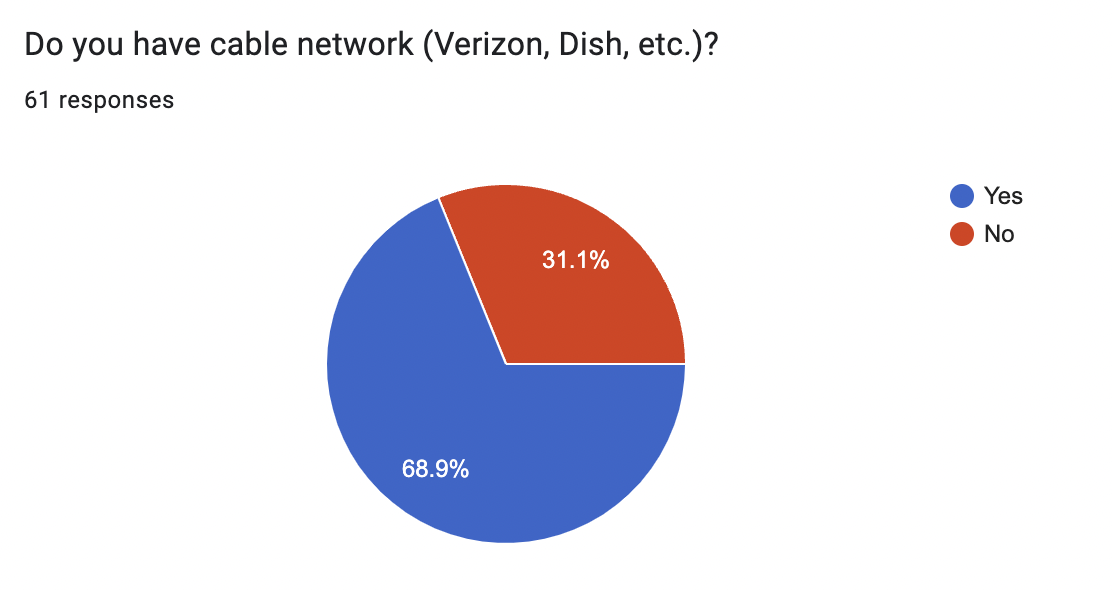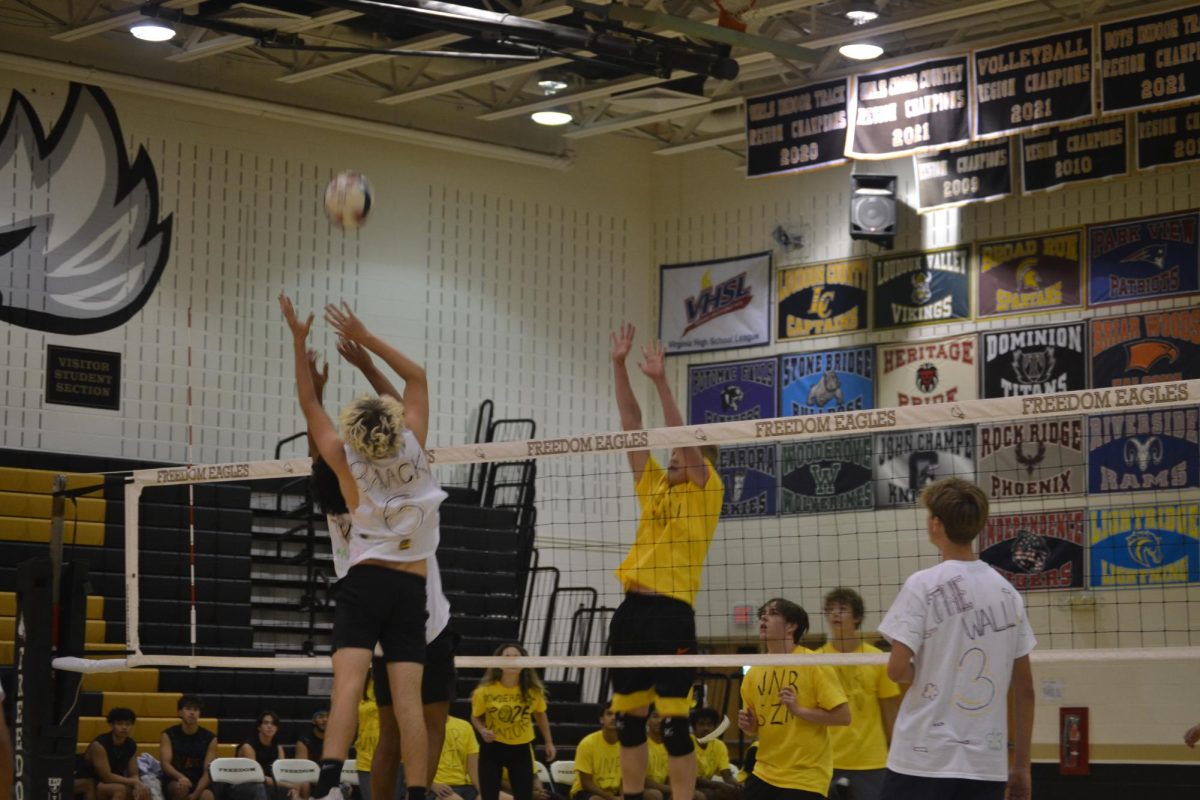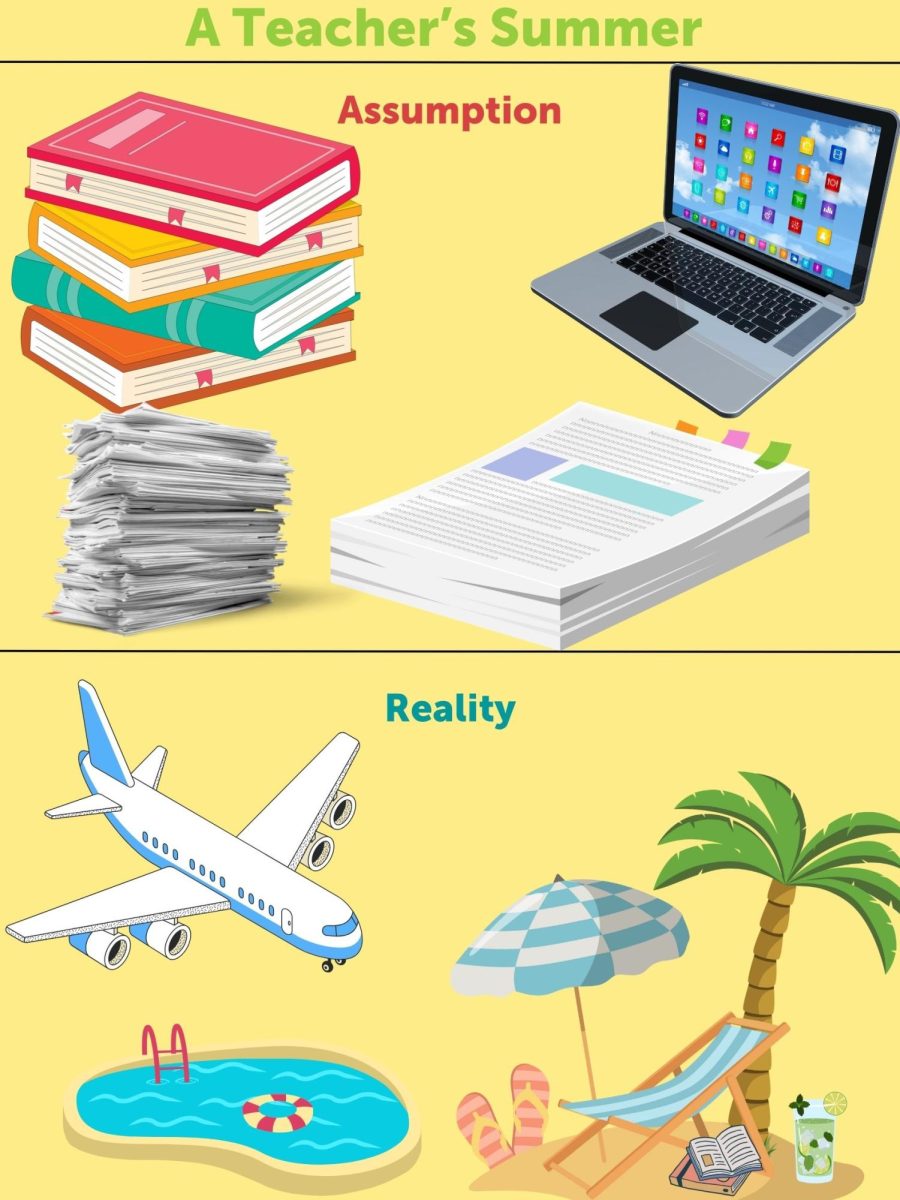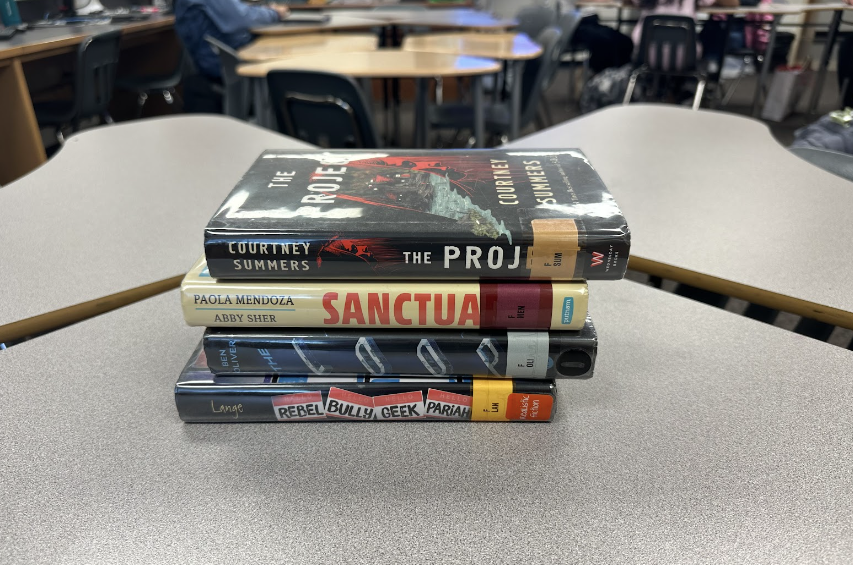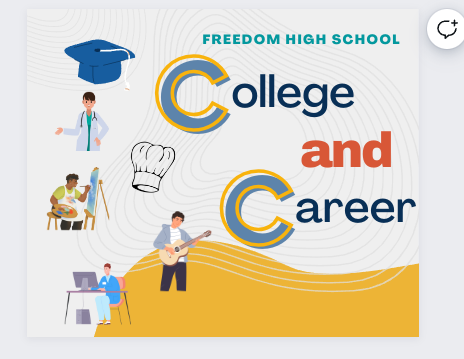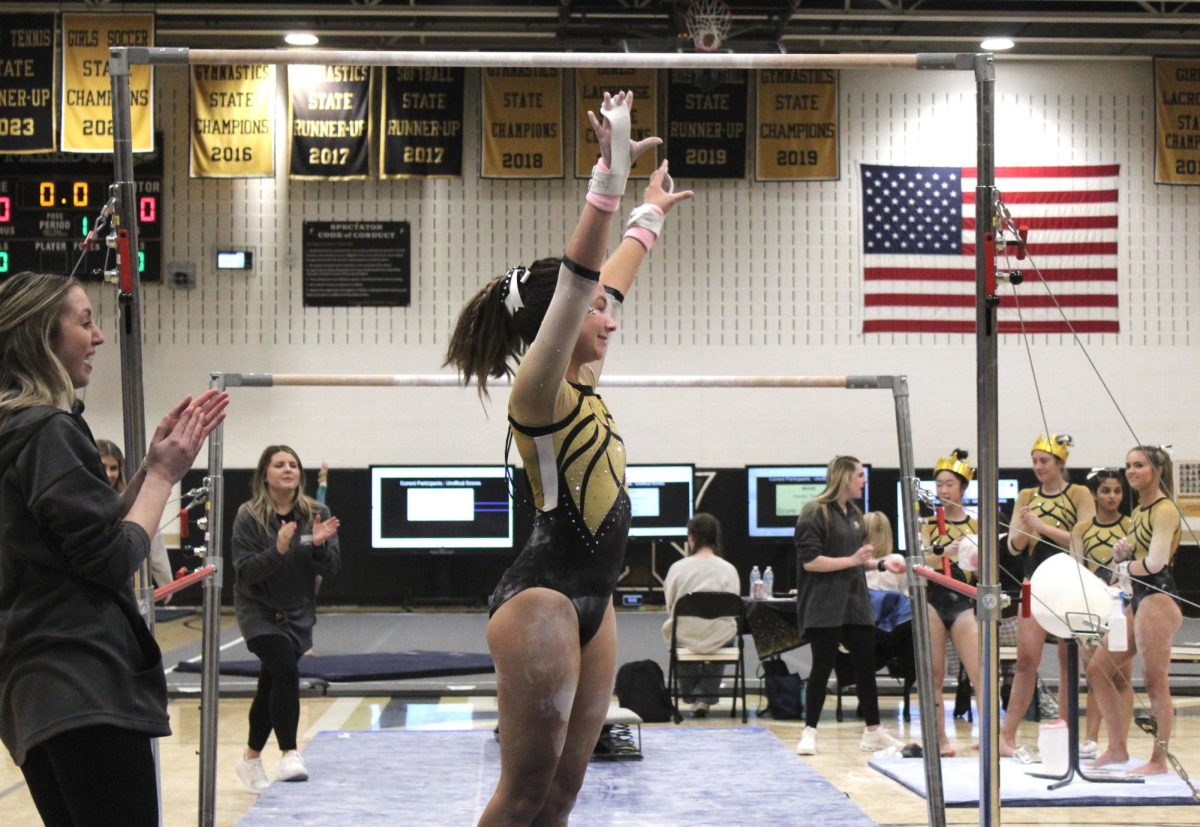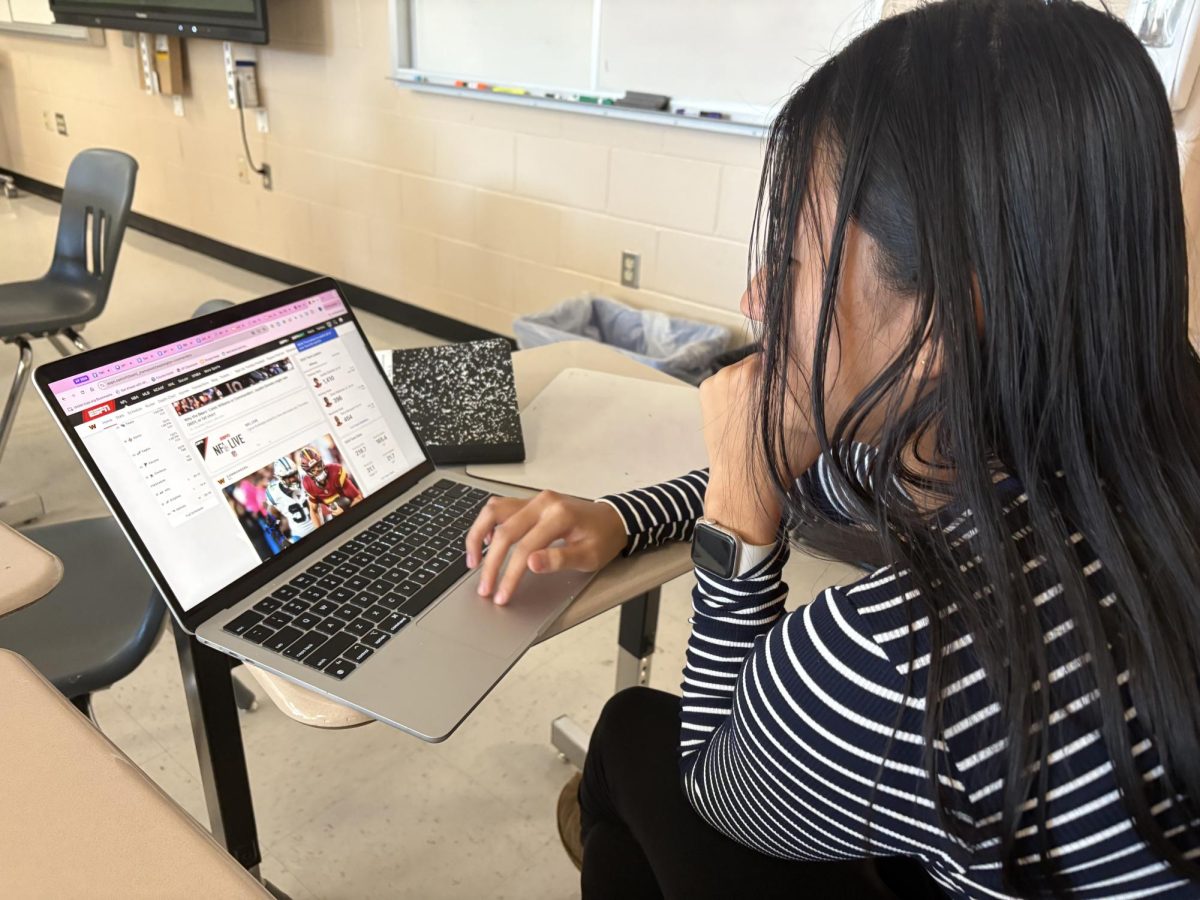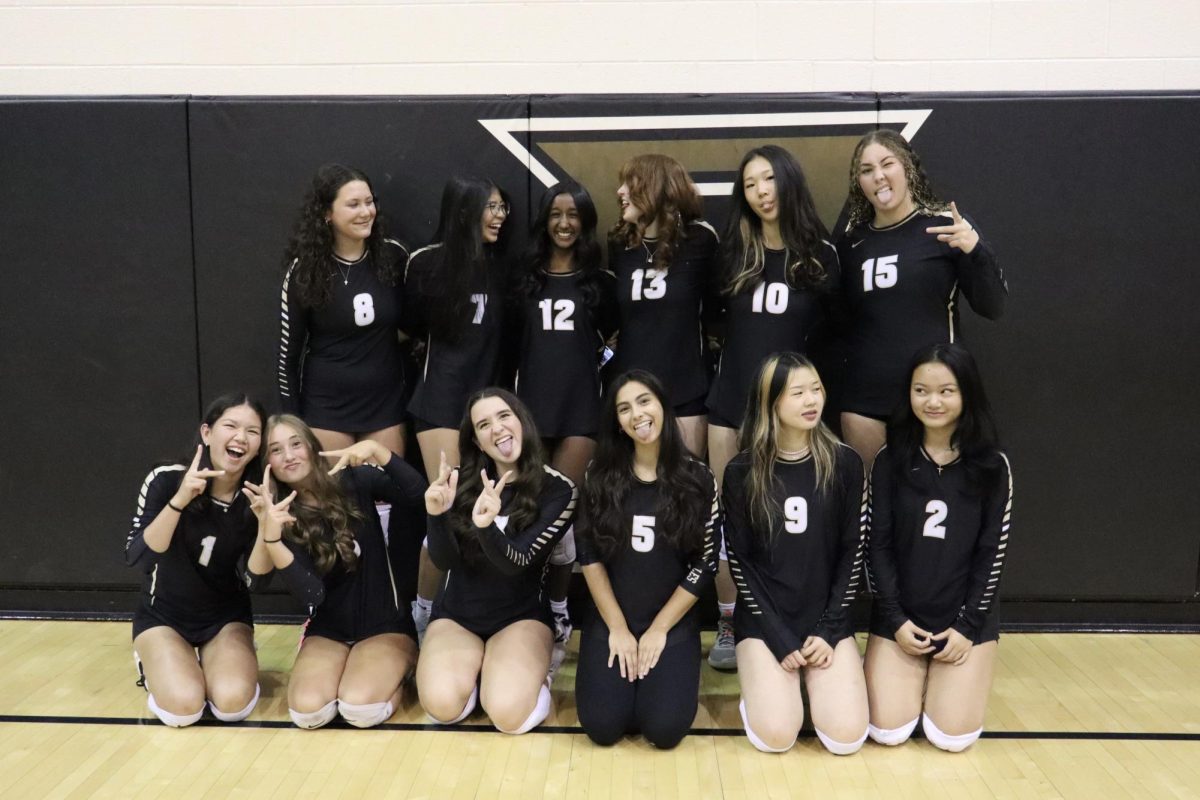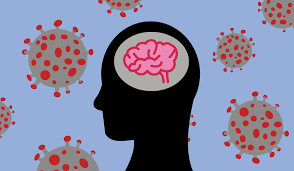The closure of schools around the world was set in place to keep students safe from the COVID-19 pandemic, however, this closing has opened up a new danger concerning teen mental health. Over the past six months the world has flipped on it’s head forcing everyone to shift to a new normal consisting of quarantine, social distancing, and the life of living through a global pandemic. What happens when a teenager is faced with school closures, lockdown, and self isolation?
In a matter of weeks high school students across the globe were slammed with an alternate reality. Sitting in a classroom became online lessons from home, stressing about what to wear to prom turned to disappoint as school functions were cancelled, school supply shopping went from searching the stores for notebooks and pens to picking up laptops from the school.
With no preparation for such drastic changes, a growing crisis rose among teenage mental health struggles. The stress of high school alone is a heavy weight, and many students aren’t able to process and cope with the cancellation of in person schools. Freedom High School counselor, Cristi Goldberg, spoke on the impacts of the pandemic on high schoolers. Goldberg mentioned that while all students were handling the situation differently, extroverted students seemed to struggle more with online learning and self isolation.
“The students who aren’t doing as well are the ones who are a little more social and tied to their friend group more and sports, clubs, activities and friends,” Goldberg said.
Social connection and engagement is a crucial part of high school and plays a major role in teenage development. Those who are introverted and tend to do things on their own anyway, may not struggle as much with the transition to online. However, students who thrive in group environments are at much higher risk to develop mental health struggles due to self quarantine.
Many students rely on their friends and peers to open up to and over the course of the pandemic, more students have been disconnected.
“It is important to keep tabs on your peers’ mental health and sadly a lot of people have responded negatively to the virus,” senior Tyler Potock said.
There have been positive aspects of switching to online at home. Students now have simpler daily routines and more time to themselves. More self care time can lead to the discovery of new likings and activities.
“I was affected for the better and used my time in quarantine finding new hobbies and reconnecting with old friends,” Potock said.
Change is not an easy concept to grasp, especially when it is forced upon by something unexpected, such as a pandemic. Teenagers react in different ways, though the struggles of mental health add additional hardships.
““I think that people need to recognize how the changes made in everyday life when COVID struck was harmful to a majority,” Potock said.








